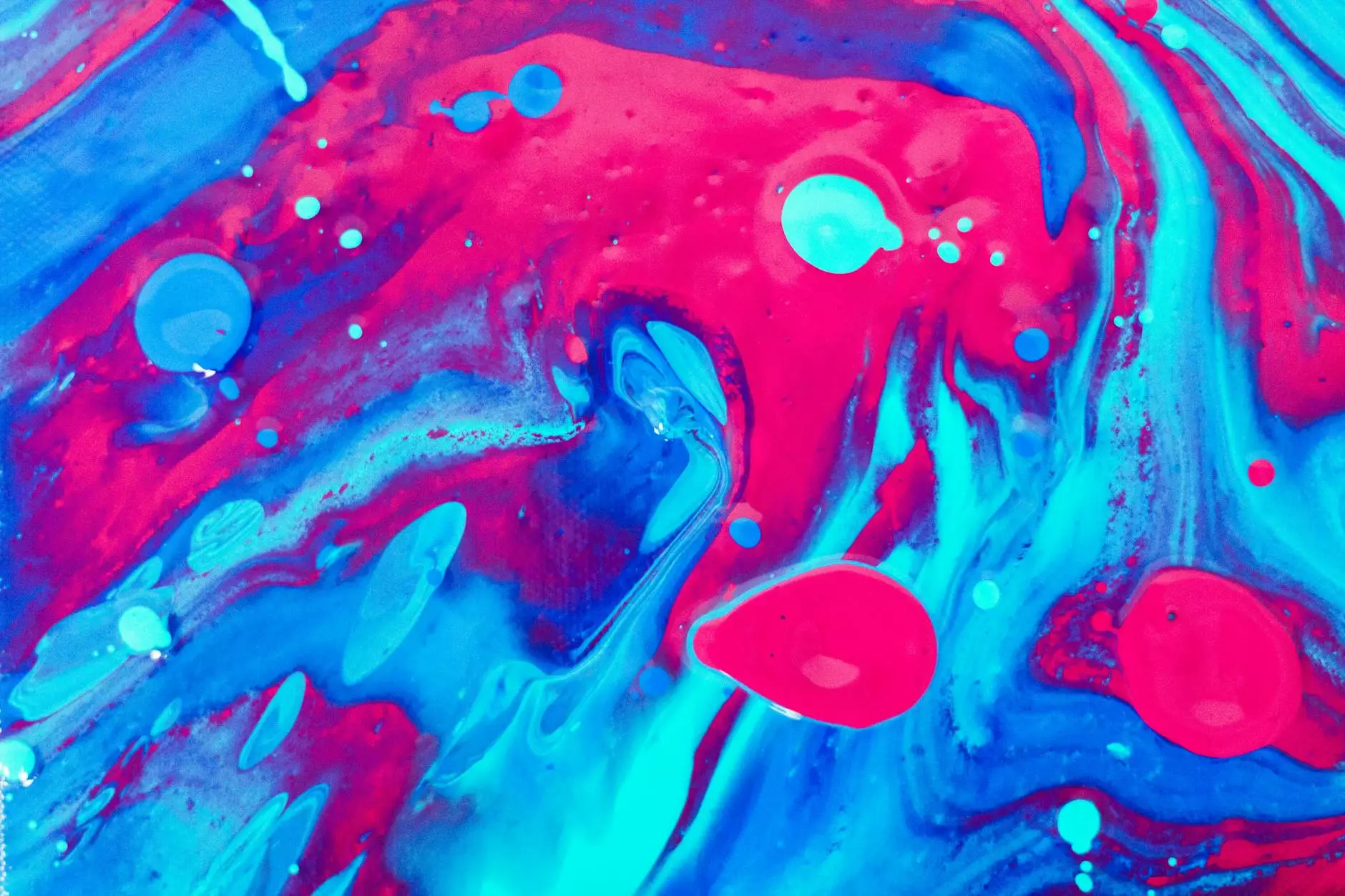Exploring the World of Art Lectures: An Insightful Guide

Art lectures represent a profound avenue for understanding and appreciating the myriad forms of artistic expression that shape our world. These lectures serve not only as educational resources but also as a means to foster cultural appreciation and critical thinking among audiences. Whether you're a seasoned art aficionado or a curious newcomer to the world of art, attending lectures can provide you with invaluable insights and inspire a deeper understanding of art's role in society.
Understanding the Importance of Art Lectures
The realm of art extends beyond mere aesthetics; it intertwines with history, philosophy, and social contexts. Art lectures are vital for a variety of reasons:
- Educational Value: They offer structured learning experiences about different art movements, techniques, and influential artists.
- Cultural Insight: Lectures often delve into the cultural and historical contexts surrounding various art forms, enriching the audience's perspective.
- Critical Engagement: They encourage critical thinking, enabling attendees to interact with art beyond superficial observation.
- Community Building: Art lectures foster a sense of community among attendees, allowing for shared experiences and discussions.
The Different Types of Art Lectures
Art lectures can be categorized into several distinct types, each serving unique purposes and audiences:
1. Academic Lectures
Academic lectures are often hosted by universities or art schools, featuring scholars, artists, or theorists who present rigorous studies related to art history, criticism, or theory. These lectures emphasize scholarly research and are often accompanied by Q&A sessions for deeper engagement.
2. Public Lectures and Talks
Many galleries and museums organize public lectures aimed at a broader audience. These sessions may feature artists discussing their work, curators explaining exhibitions, or critics providing insights on contemporary art trends. They aim to make art accessible and engaging for all.
3. Online Webinars and Virtual Lectures
In an increasingly digital world, online webinars have become a staple for art education. They provide flexibility and accessibility, enabling anyone with an internet connection to participate and benefit from expert insights regardless of geographic location.
4. Workshops and Demonstrations
These interactive sessions allow participants to engage with artistic techniques hands-on while also receiving instruction from experienced artists. They often culminate in the creation of personal artwork, making the learning experience practical and enjoyable.
Key Topics Often Explored in Art Lectures
Art lectures cover a vast array of topics that can enrich one's understanding of art. Some of the most common subjects include:
1. Art Movements and Styles
From the Baroque extravagance to the austerity of Minimalism, understanding different art movements enables one to grasp the evolution of artistic expression. Lectures on these topics may include:
- The characteristics of specific movements
- The socio-political contexts in which these movements emerged
- Prominent artists associated with each movement
2. Techniques and Mediums
Art lectures often provide insights into various artistic techniques and mediums. Topics may include:
- Oil painting versus watercolor techniques
- Mixed media explorations
- The use of digital tools in contemporary art
3. The Role of Art in Society
Understanding how art reflects and influences social change is a crucial topic. Lectures might discuss:
- The power of art as a tool for activism
- The impact of cultural narratives in art
- How art shapes public opinion
4. Artist Spotlights
Some lectures focus on individual artists, offering a detailed look into their lives, inspirations, and contributions to the art world. These sessions can include:
- Biographical overviews
- Style analysis
- Discussion of their most significant works
How to Prepare for Attending Art Lectures
To gain the most from an art lecture, proper preparation is essential. Here are some tips to enhance your experience:
- Research Ahead: Familiarize yourself with the topic to encourage active participation and deeper understanding.
- Prepare Questions: Consider what you would like to ask. Engaging with lecturers through questions can open up rich discussions.
- Take Notes: Jot down key points during the lecture; this can help reinforce learning and serve as a resource for future reference.
- Engage with Other Attendees: Networking with fellow attendees can enrich your understanding and create opportunities for continued dialogue.
The Future of Art Lectures
As we advance into a new digital era, the future of art lectures is likely to evolve significantly. Innovations may include:
- Hybrid Formats: A blend of in-person and online lectures can cater to a wider audience, fostering inclusivity.
- Interactive Elements: Virtual and augmented reality could come to play in art lectures, allowing attendees to experience art in immersive ways.
- Global Collaborations: Art institutions might collaborate across borders, presenting lectures featuring artists and educators from around the world.
Conclusion: The Lasting Impact of Art Lectures
Art lectures are much more than mere presentations; they are dynamic platforms for learning, engagement, and passion for the arts. They serve as bridges connecting the community to the rich legacy of artistic expression and innovation. By participating in these lectures, you are not only gaining knowledge but also joining a vibrant community that celebrates creativity and cultural expression.
As you explore the world of art, consider making attendance at art lectures a regular part of your journey. Each lecture is an opportunity to expand your horizons and deepen your appreciation for the intricate tapestry of human expression that art embodies.
To stay updated with upcoming art lectures and related events, be sure to visit grimanesaamoros.com frequently. Join us in celebrating artistry in all its forms and embrace the knowledge that comes from engaging in conversations about art.



